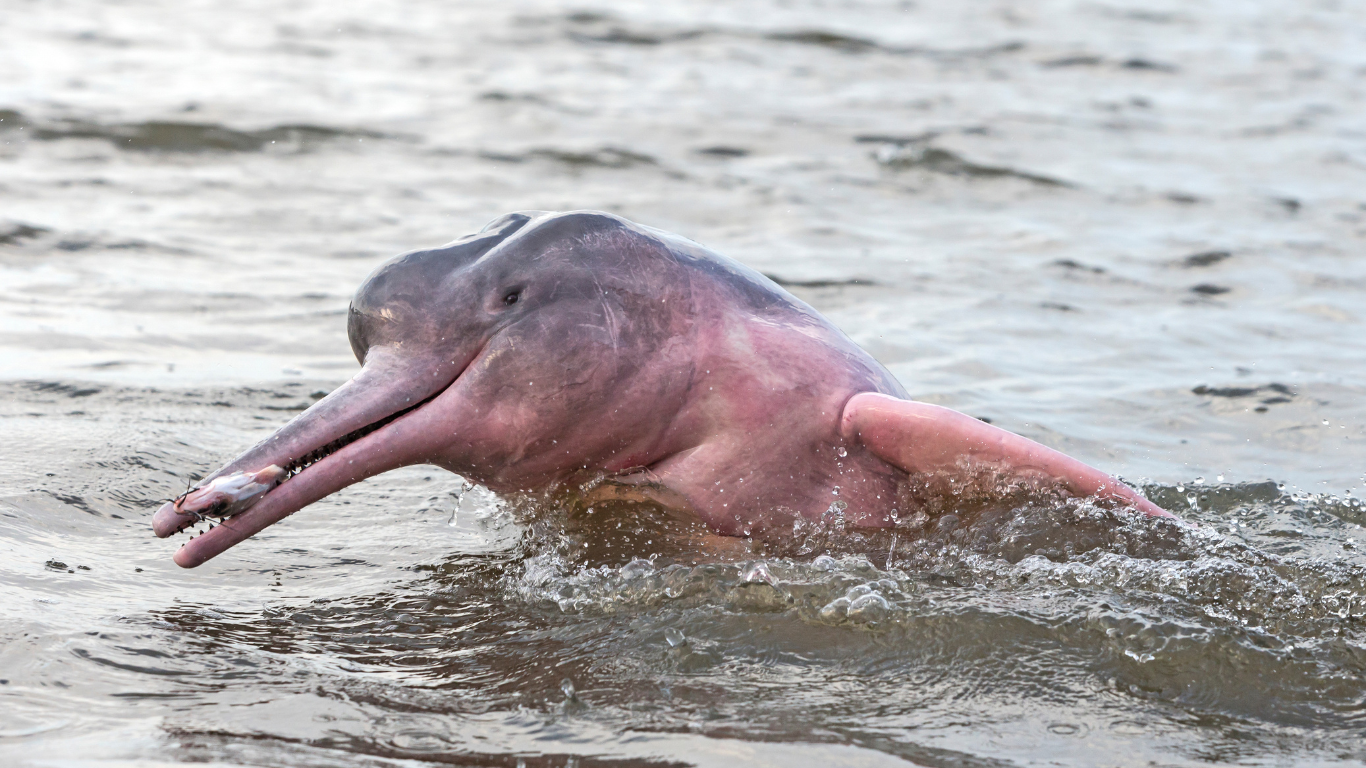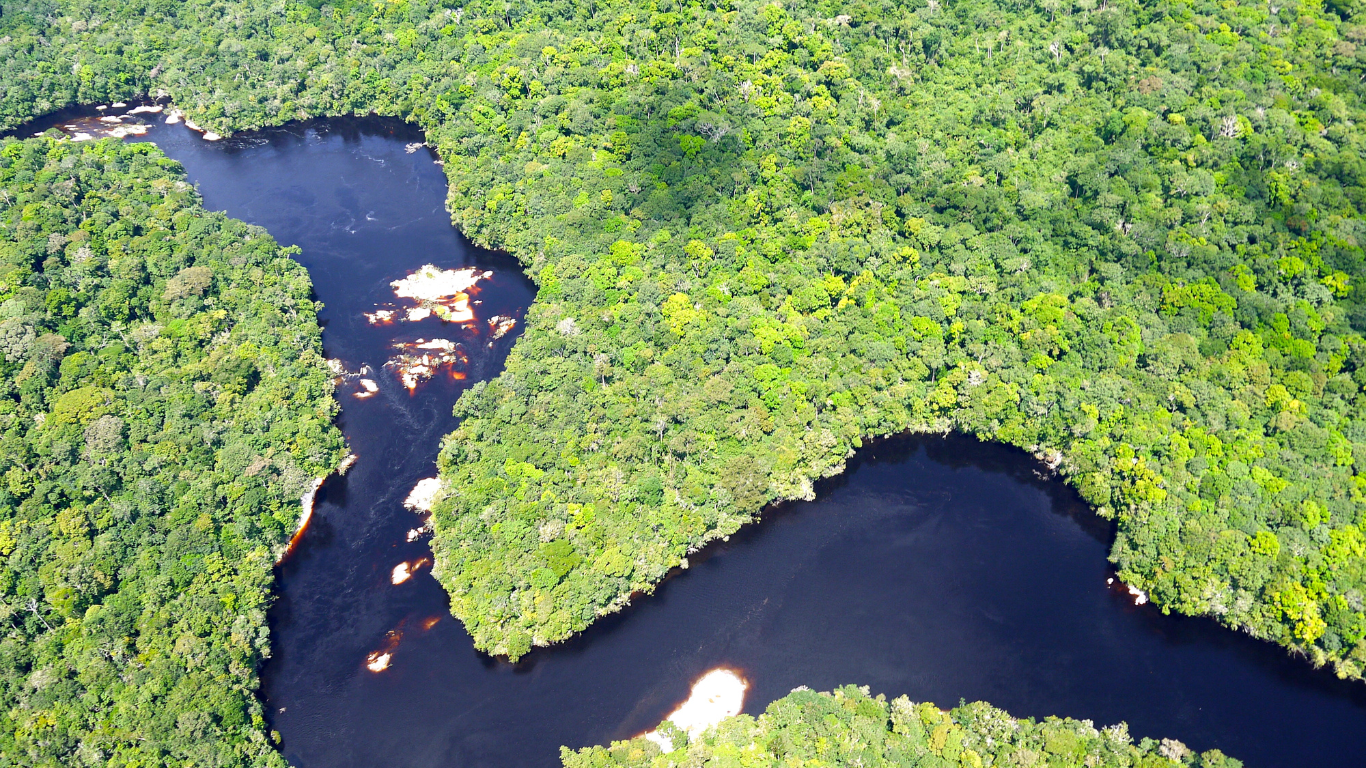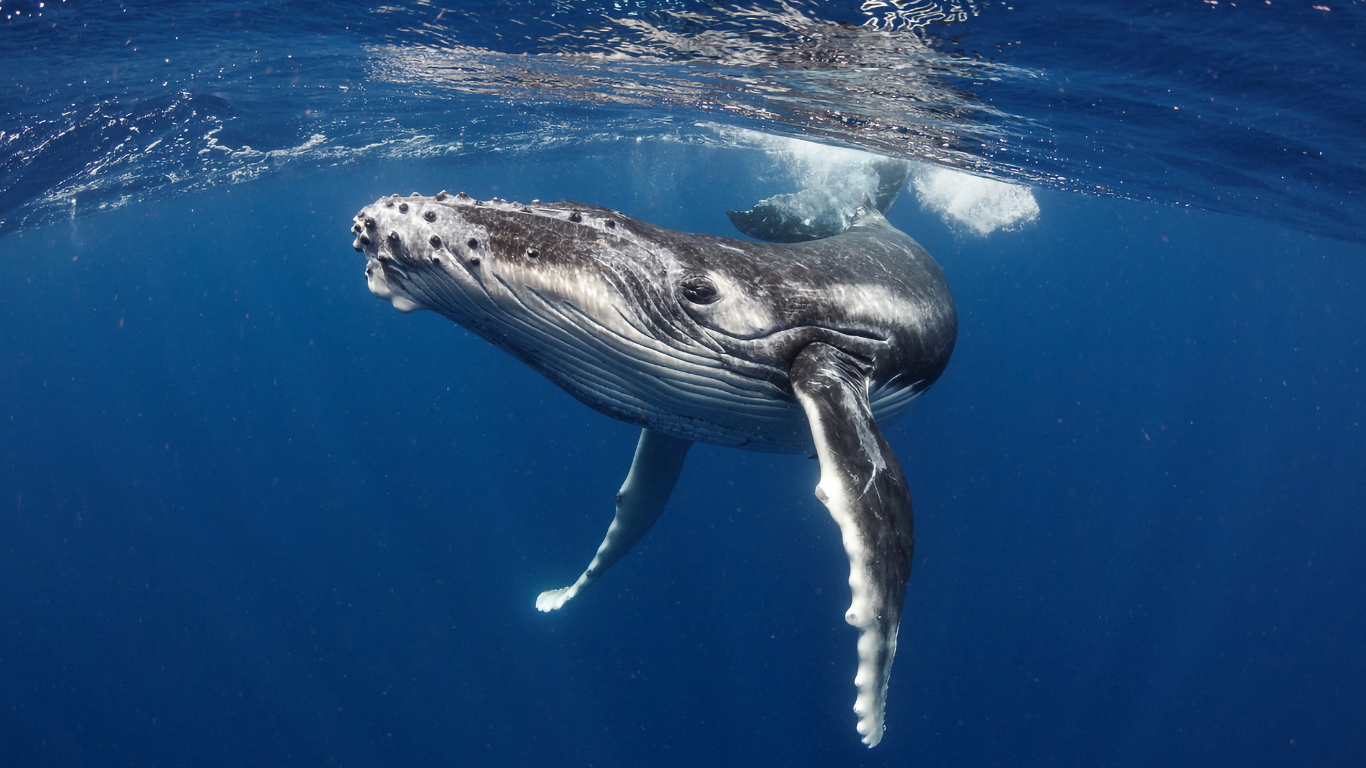Article written by Shanna Hanbury
Originally published by Mongabay, 18 November 2025
Colombia will no longer approve new oil or large-scale mining projects in its Amazon biome, which covers 42% of the nation’s territory, according to a Nov. 13 statement by its environment ministry.
Acting Environment Minister Irene Vélez Torres said the entire Colombian Amazon will be made a reserve for renewable natural resources. She made the announcement at a meeting of ministers with the Amazon Cooperation Treaty Organization during COP30, the U.N. climate summit taking place in Belém, Brazil.
“This declaration is an ethical and scientific commitment. It seeks to prevent forest degradation, river contamination, and biodiversity loss that threatens the continent’s climate balance,” Vélez said.
She also called on other Amazonian nations to adopt similar protections, highlighting that Colombia controls just 7% of the Amazon biome. Across the Amazon, 871 oil and gas blocks cover an area roughly twice the size of France; 68% of the blocks are still in the study or bidding phases.
“We do this not only as an act of environmental sovereignty but also as a fraternal call to the other countries that share the Amazon biome, because the Amazon does not know borders, and its care requires us to move forward together,” Vélez added.
Brazil, which controls nearly 60% of the Amazon, has moved in the opposite direction over the past year, despite successfully cracking down on deforestation. The nation auctioned off several oil blocks near Indigenous lands and approved drilling for an offshore site at the mouth of the Amazon River.
Peru is courting foreign oil companies to restart production at Lot 192, a huge Amazonian crude oil site in in the north of the country. The Ecuadorian government is planning to auction off 49 oil and gas projects worth more than $47 billion, despite protests.
In Colombia, 43 oil blocks and 286 mining requests haven’t yet broken ground. The new measure, the ministry says, will prevent these projects from going forward. “Their activation could put the climate balance of the continent at risk,” the environment ministry wrote in a statement.
At another COP30 event, Vélez criticized a mechanism that allows corporations to sue governments for losses caused by environmental policies, saying it infringes on state sovereignty. Such a system, she noted, makes it difficult for a nation to outlaw existing extractive industries without facing significant penalties.
“Future generations must be able to find nature in a healthy state, the way we have known it,” María Soledad Hernández, coordinator of the sustainability program with the Colombia-based Amazonian Institute for Scientific Research, said in a video statement.
“Talking about conservation does not mean talking about not making use of it. Talking about conservation means being sustainable, being responsible, and having activities that are balanced and in harmony with nature,” she added.





